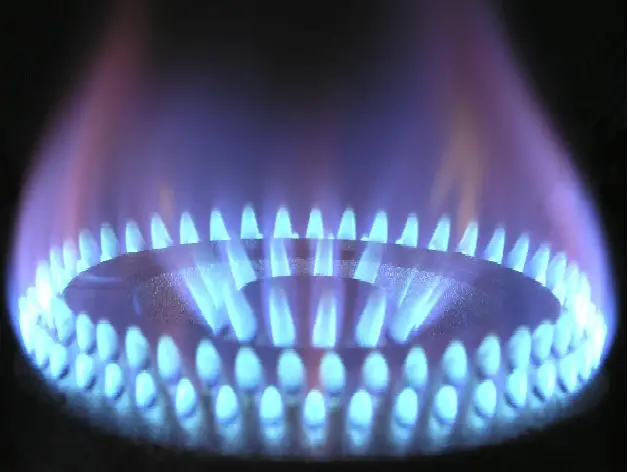Once again, EU nations have failed to come to agreement on a bloc-wide gas price cap at a meeting of the Council of Energy Ministers, according to Hungarian Finance Minister Peter Szijjarto, in a statement. While some nations are pushing to lower the ceiling, others are too worried doing so would wreak chaos on the energy markets.
On Facebook, Szijjarto wrote, “There was a lengthy debate at the Energy Council meeting. No agreement was reached at the plenary, so discussions will continue on a bilateral basis.”
The measure, proposed weeks ago, has provoked a wide array of opinions, with some questioning the effectiveness of it, and others calling for the lowest cap possible, to attempt to have as much impact as possible on Russian energy profits.
Under the European Commission’s original plan, the gas cap was designed to be triggered when prices on Europe’s gas benchmark, the TTF exchange, reached €275 ($292) per megawatt hour and were €58 above the LNG reference price for a duration of two weeks. The plan was criticized harshly from both sides, as some members argued the level was too high to have any effect on Russian profits, while others argued the plan would only exacerbate market volatility and worsen the growing EU energy crisis.
The EU Council amended the plan last week, lowering the cap to €220, reducing the timeframe to five days, and lowering the difference with global LNG prices to €35, according to a Reuters report. Despite this, 12 countries continued to complain the price was too high, and demanded it be lowered to €160 with a €20 spread.
On Tuesday, Agnes Pannier-Runacher, France’s minister for energy transition, said that there would be an agreement sooner, rather than later. He went on, “I believe we have started to bring our positions closer,” she told the press ahead of Tuesday’s meeting, adding that any price cap must aim to “ensure the stability of the financial markets.”


